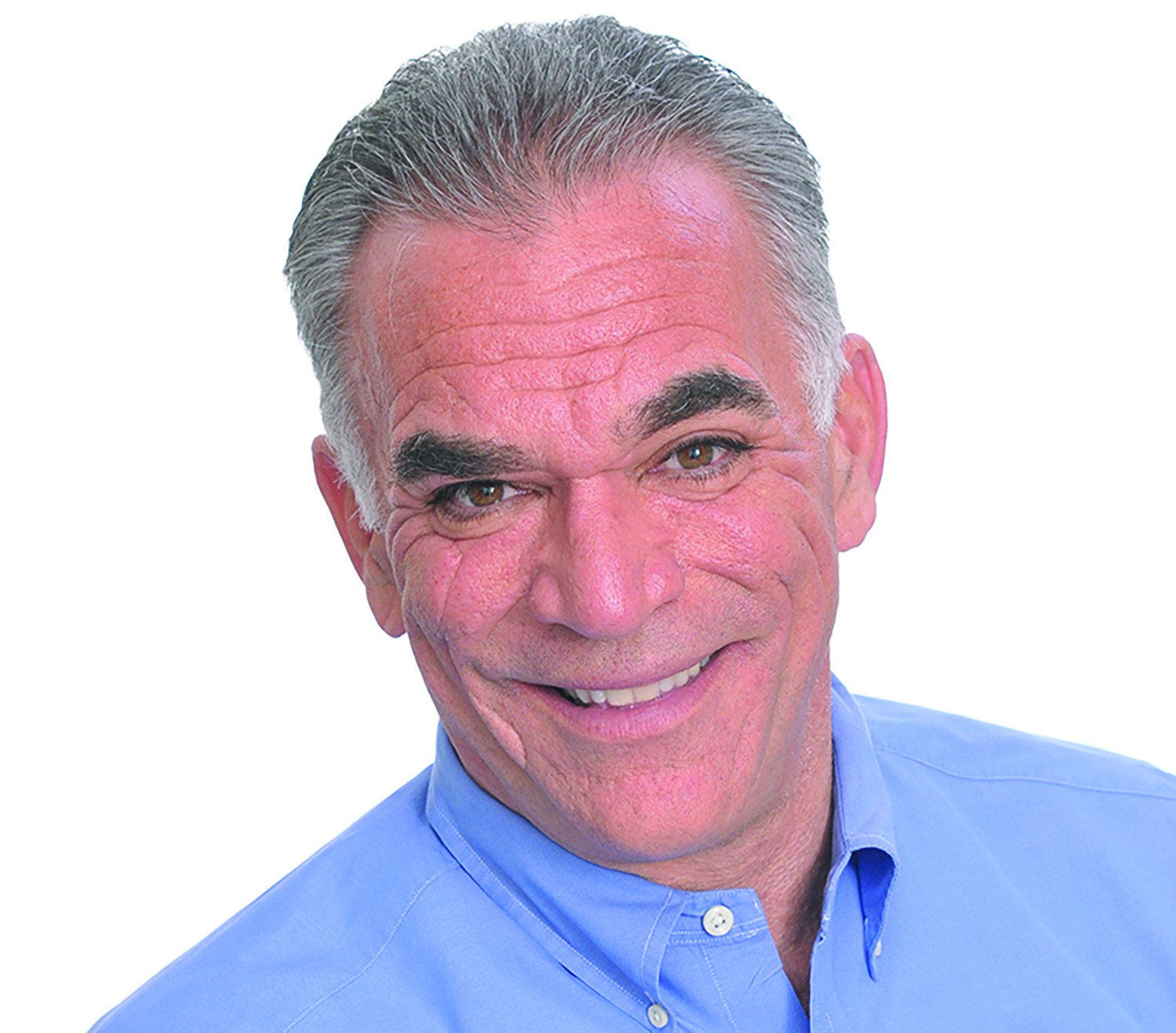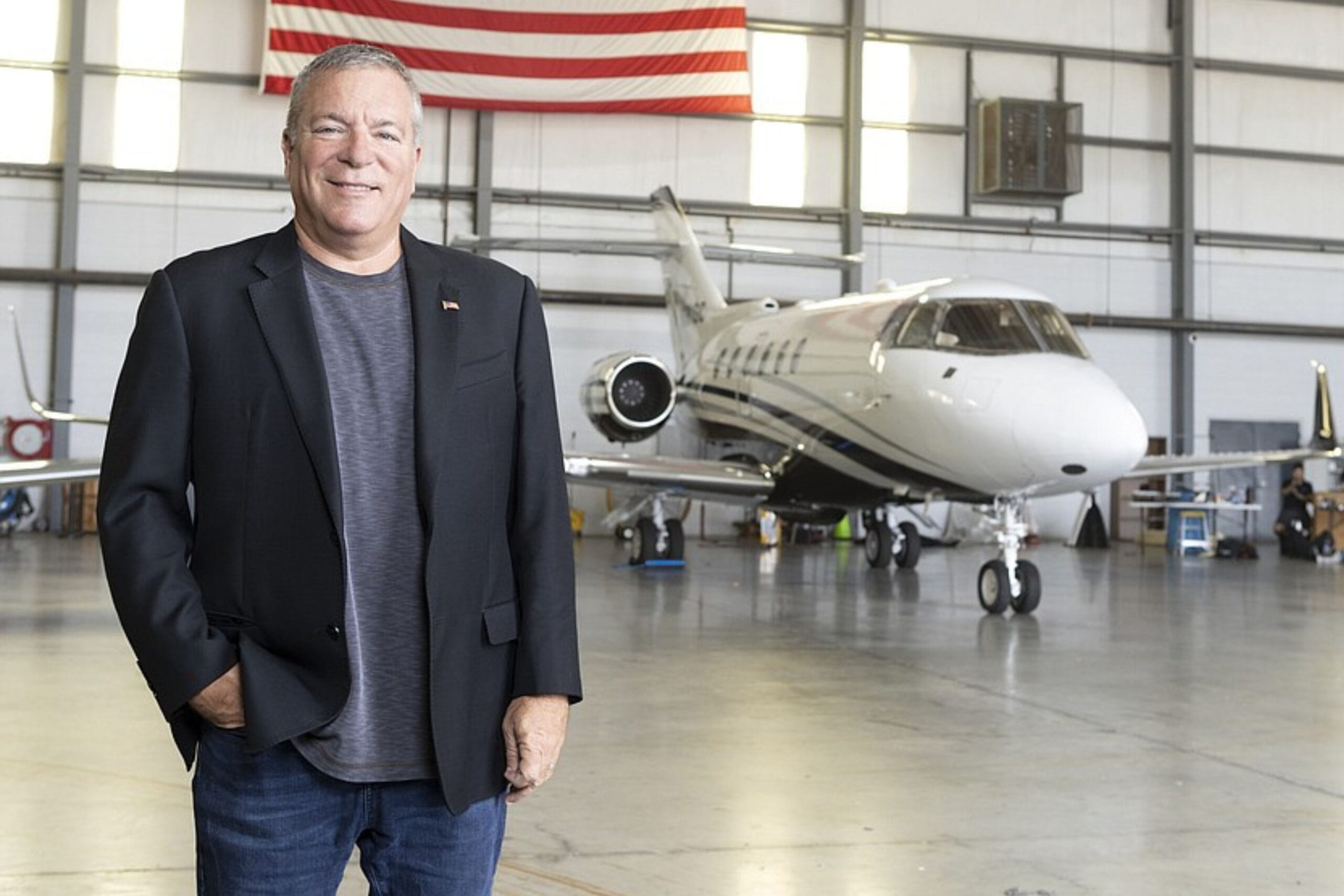We hear so much these days about the divisions between us—all those things that keep us apart. Gender, age, race, origin, politics—they are all blamed for what divides us. It makes us cautious (or not), caring (or not) or trusting (or not).
But what if we recognize that no two of us are the same? How alike are you and your siblings—or the rest of your family? I have ways of talking and doing things, just like Mom and Dad and my sisters. I also have ways of doing things—thinking, speaking, behaving and influencing—that are totally different. Not better. Not worse. I might think my way is better. It isn’t. My way is just different.
Not all women or men are the same. Not all are people of color or Republicans or Democrats. Not all are immigrants. Certainly not all are Americans. We all are different. As my parents used to say, “That’s why Howard Johnson’s has 28 flavors.” Today, it could be coffee: “Starbucks offers more than 80,000 drink combinations.”
When you design your products and services, do you think that one size fits all? Usually not. You know that you have different users who want—and expect—something unique to them. And while some of us have a specialized niche, such as men’s or women’s clothing for professionals in a specific price range, you might choose to have a wide variety of sizes, colors and styles.
You get the point. We’re all different. We see things differently. We express ourselves differently. We do things our own ways.
At my company, Third Level, our work is all about helping leaders and teams have great success by working passionately well, together. If your team is all the same, then you are likely hiring and training in your own image. You like a certain style, and you (un)consciously want everyone to be that way. Problem is, your clients and customers are diverse. I am a gregarious, change-loving, extrovert who loves “being in the moment” with others. I know systems and processes are valuable, needed and profitable for my company. I just don’t “do” them easily and well. Luckily, I know that, and I have people on my team who do. Our difference makes us a much-better team.
Can you imagine what it would be like if your entire team had the perfect salesperson’s profile—and nobody took care of the processes or the accounting? Or, if your whole company was composed of data geeks who never really wanted to understand your team or your customer? It simply would not work.
Look for styles, attributes, preferences, as well as skills and talents that are varied and different.
Maybe if we celebrate our differences in this way, we can build better mousetraps and have greater success, and our communities can, too. ♦
Stephen Garber is director of Third Level Ltd. Contact him at 561.752.5505 or sgarber@thirdlevel.com.














